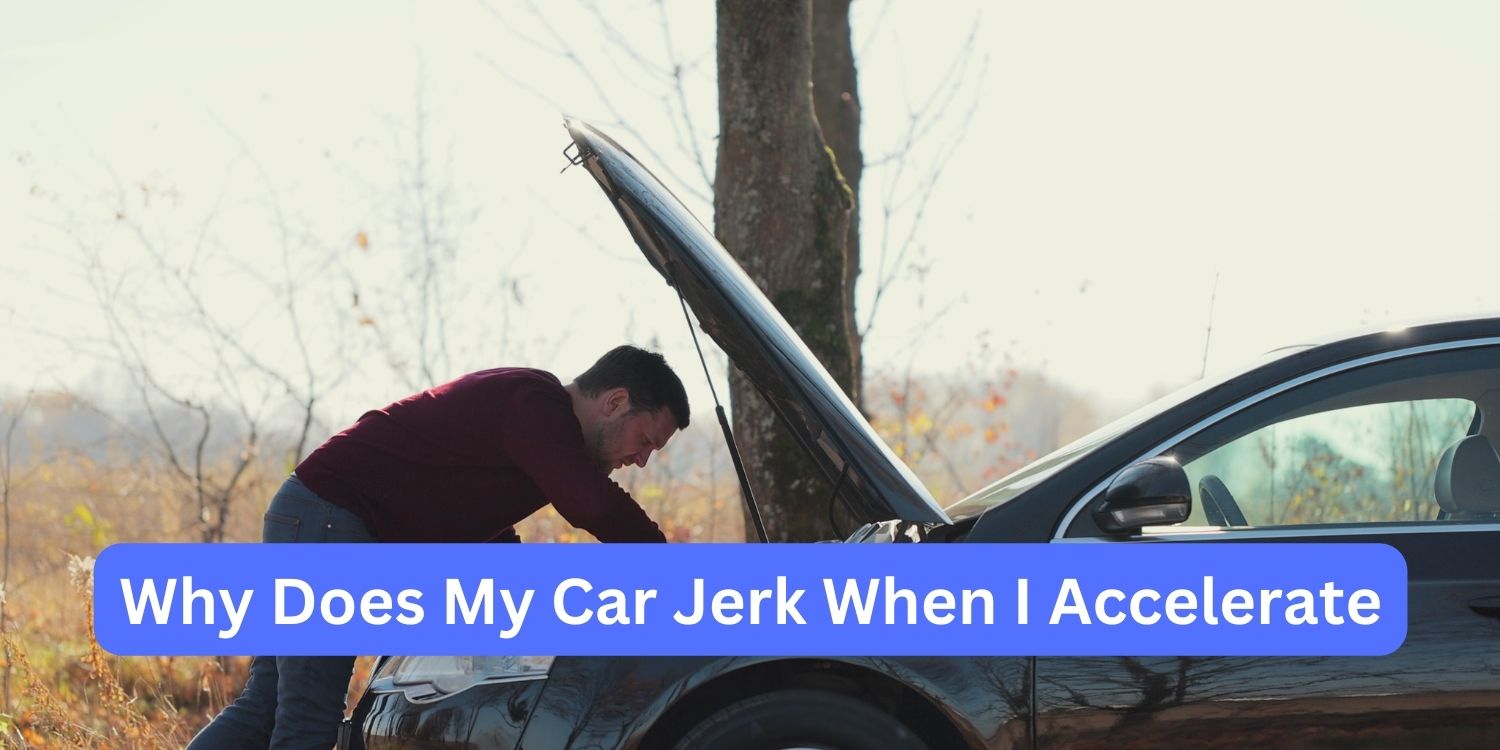Why Does My Car Rumbles When I Accelerate

That unsettling rumble that vibrates through your seat when you hit the accelerator isn't just a nuisance; it's your car screaming for attention. Diagnosing the source of this low-frequency growl requires a methodical approach, as several components could be the culprit. We’ll break down the most common causes of a rumbling during acceleration, from exhaust leaks to failing drivetrain components, providing insights for both seasoned mechanics and curious car owners.
Exhaust System Issues: The Usual Suspect
One of the most frequent offenders behind acceleration-induced rumbles is the exhaust system. From the exhaust manifold attached directly to the engine to the tailpipe at the rear, any breach in the system can create a distinct, often low-pitched rumble. Here's a closer look:
- Exhaust Manifold Gasket Leak: The gasket between the exhaust manifold and the engine block is subject to intense heat cycling. Over time, it can crack, warp, or simply deteriorate, creating an escape path for exhaust gases. This leak is typically louder during acceleration when exhaust gas pressure is at its peak. The sound is often described as a ticking or hissing initially, evolving into a rumble as the leak worsens.
- Catalytic Converter Problems: While a completely clogged catalytic converter usually manifests as a severe loss of power, a partially blocked or internally damaged converter can produce a rumbling sound, especially under load. Rattling from within the converter is a telltale sign of a broken honeycomb structure. Replacements can range from a few hundred to over a thousand dollars depending on the vehicle and converter type.
- Exhaust Pipe Leaks: Rust, corrosion, and physical damage can create holes in the exhaust pipes. These leaks become more pronounced during acceleration as the engine works harder, forcing more exhaust gas through the compromised section.
- Muffler Damage: The muffler is designed to dampen exhaust noise. Internal corrosion or physical damage can lead to a rumbling, hollow sound, particularly noticeable during acceleration.
Drivetrain Troubles: When Power Delivery Goes Wrong
Beyond the exhaust system, issues within the drivetrain – the system responsible for transferring power from the engine to the wheels – can also generate rumbling noises during acceleration. These issues are often more serious and require prompt attention.
- CV Joint Failure: Constant velocity (CV) joints allow the drive shafts to transmit power at varying angles as the suspension moves. A worn or damaged CV joint, often characterized by a clicking or popping sound during turns, can also create a rumbling vibration during acceleration, especially if the outer boot is torn and grease has been lost. Replacing a CV joint typically costs between $150 and $400 per joint.
- Wheel Bearing Issues: While often manifesting as a constant humming or roaring sound that increases with speed, a failing wheel bearing can also present as a rumbling vibration during acceleration, especially if the bearing is severely damaged. The noise often changes depending on whether you are turning left or right.
- Differential Problems: In rear-wheel-drive and four-wheel-drive vehicles, the differential is responsible for allowing the wheels to rotate at different speeds during turns. Worn or damaged gears within the differential can cause a rumbling or whining noise, particularly under acceleration or deceleration. Repairing or replacing a differential is a complex and costly undertaking.
Engine Problems: Less Common, More Concerning
Although less frequent, problems within the engine itself can occasionally manifest as a rumbling sound during acceleration. These issues are typically accompanied by other symptoms, such as a loss of power, misfires, or unusual engine vibrations.
- Loose Engine Mounts: Worn or broken engine mounts can allow the engine to move excessively, creating vibrations and a rumbling sound that intensifies during acceleration.
- Internal Engine Damage: In severe cases, internal engine damage, such as a worn crankshaft bearing or piston slap, can produce a knocking or rumbling noise, particularly during acceleration. This requires immediate professional diagnosis and repair.
Diagnosis and Repair: A Step-by-Step Approach
Pinpointing the exact source of a rumbling sound during acceleration requires careful observation and a systematic approach. Start by visually inspecting the exhaust system for leaks or damage. Check the CV joint boots for tears and listen for any unusual noises while driving. If the problem persists, consult a qualified mechanic for a thorough diagnosis and repair. Ignoring a rumbling during acceleration can lead to more extensive and costly repairs down the road.
